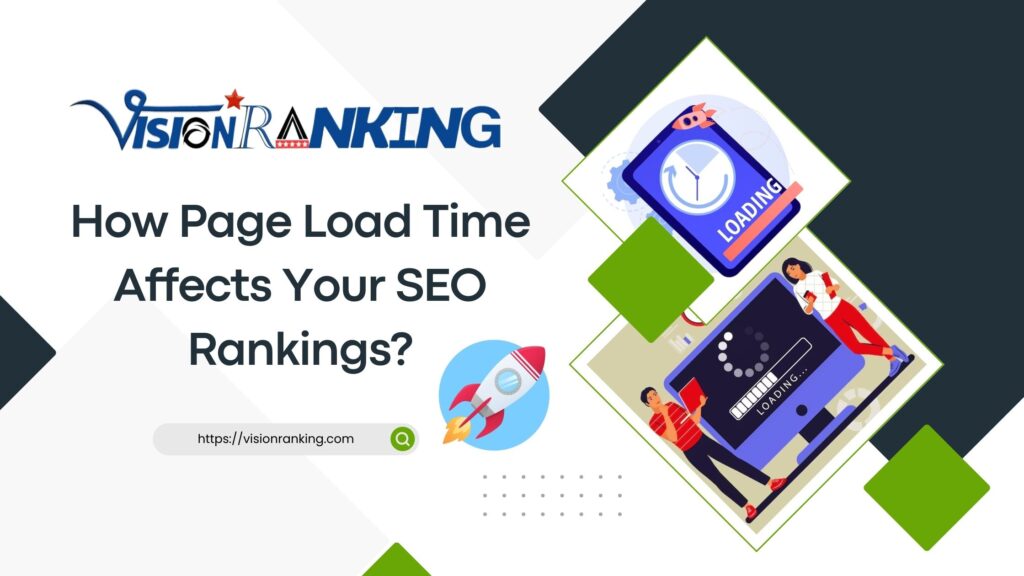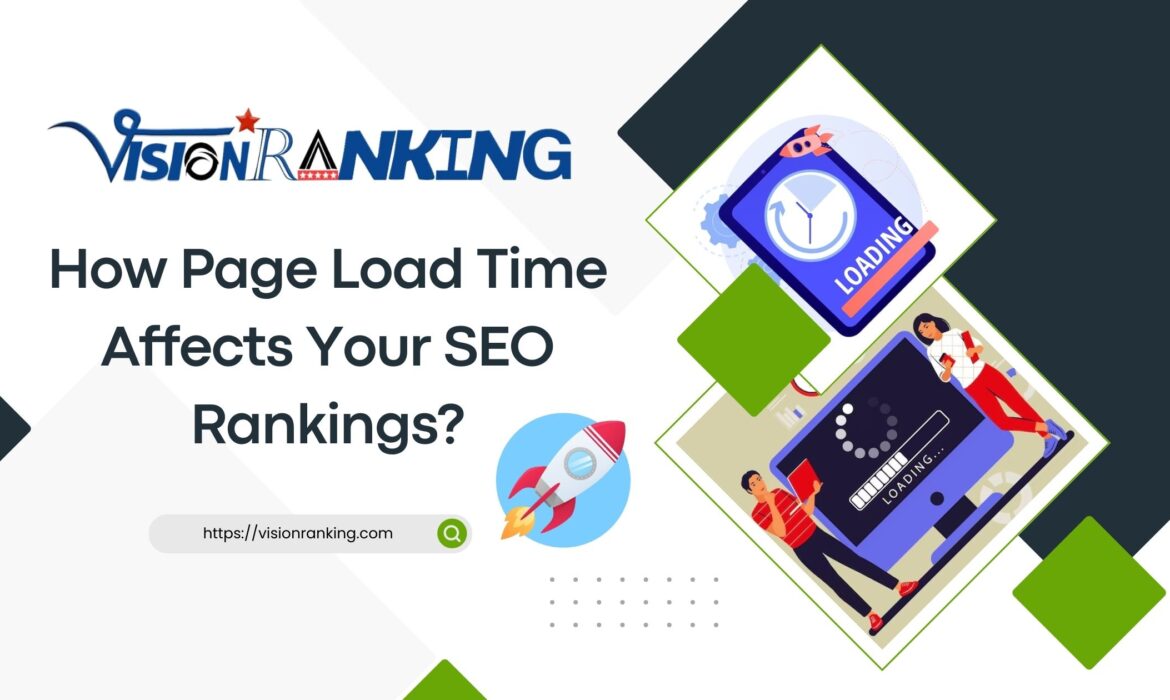How Page Load Time Affects Your SEO Rankings?

In today’s digital world, where people have shorter attention spans and are constantly bombarded with information, it is more important than ever for websites to load quickly. A slow-loading website can lead to a poor user experience, which can negatively impact your SEO rankings.
Google has confirmed that page speed is a ranking factor, and studies have shown that websites with faster loading times tend to rank higher in search results. In fact, one study found that a 1-second delay in page load time can lead to a 7% decrease in conversions.
There are a number of factors that can affect a website’s page load time, including:
- The size of the website’s codebase
- The number of images and videos on the website
- The use of plugins and scripts
- The hosting provider
There are a number of things you can do to improve your website’s page load time, including:
- Minifying and compressing your website’s code
- Optimizing your images
- Lazy loading of images and videos
- Caching your website’s resources
- Switching to a faster hosting provider
By following these tips, you can improve your website’s page load time and boost your SEO rankings.
How to Measure Your Website’s Page Load Time
There are a number of tools you can use to measure your website’s page load time, including:
- Google PageSpeed Insights
- Pingdom Tools
- GTmetrix
These tools will give you a detailed report on your website’s performance, including its loading time, performance grade, and recommendations for improvement.
The Impact of Page Load Time on User Experience
A slow-loading website can have a negative impact on user experience in a number of ways, including:
- Increasing the bounce rate
- Reducing the time spent on the website
- Decreasing the number of pages visited
- Increasing the likelihood of users leaving the website before they take any action
A poor user experience can also damage your brand reputation and make it more difficult to attract new customers.
The Cost of Slow Page Load Time
A slow-loading website can also have a financial impact, as it can lead to:
- Lost sales
- Increased customer support costs
- Lower brand awareness
- Reduced employee productivity
The cost of slow page load time can be significant, so it is important to take steps to improve your website’s performance.
How to Improve Your Website’s Page Load Time
There are a number of things you can do to improve your website’s page load time, including:
- Minify and compress your website’s code
- Optimize your images
- Lazy load of images and videos
- Caching your website’s resources
- Switching to a faster hosting provider
By following these tips, you can improve your website’s page load time and boost your SEO rankings.
Conclusion
Page load time is an important factor for SEO, and there are a number of things you can do to improve your website’s performance. By following the tips in this blog post, you can make your website load faster and improve your SEO rankings.
If you need help improving your website’s page load time, contact Vision Ranking today. We can help you identify the areas where your website can be improved and implement the necessary changes to make your website load faster.





